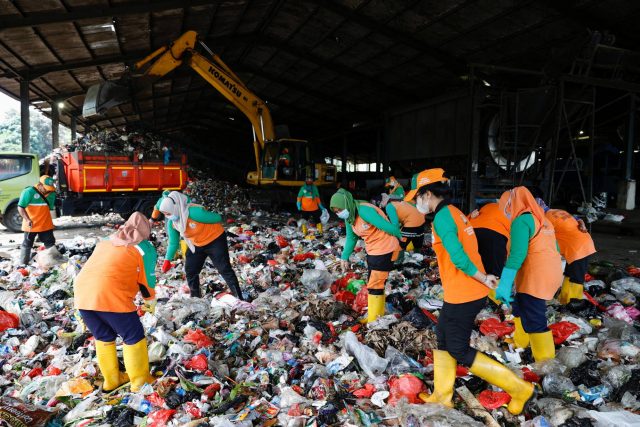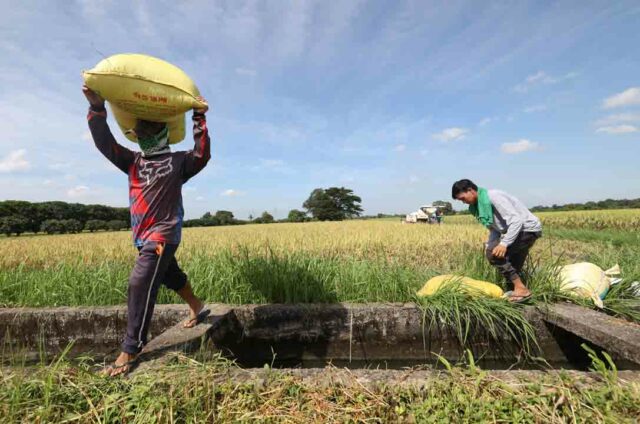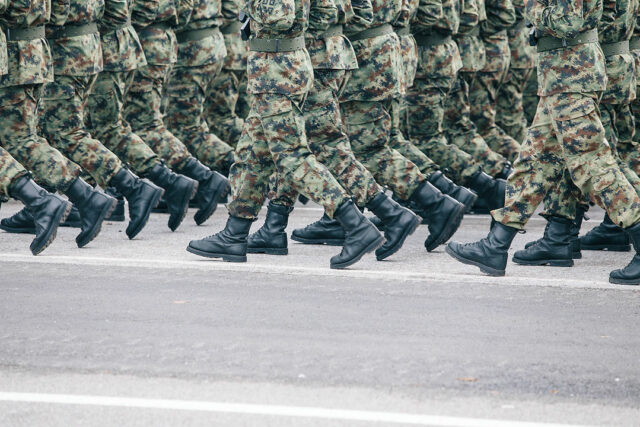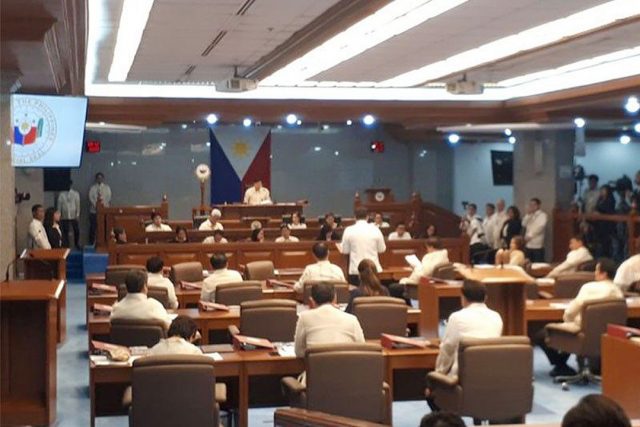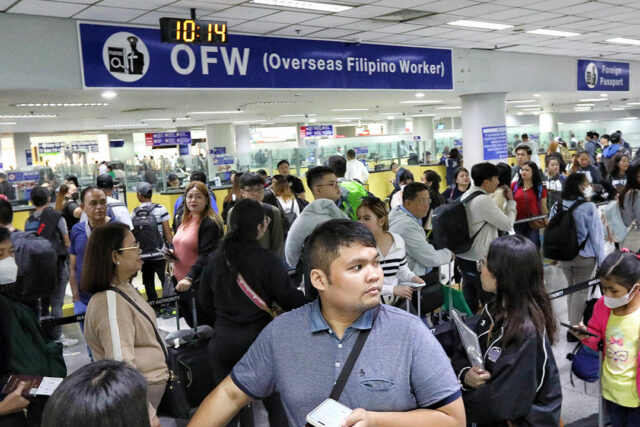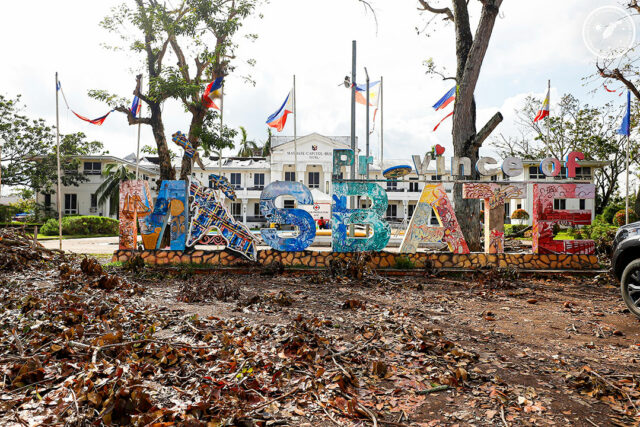IN BRIEF:
• The Towards Sustainable Mining (TSM) initiative is a crucial framework for the Philippine mining sector, linking operational resilience to eight interdependent sustainability protocols that address various challenges.
• Recent evaluations show mixed performance among the TSM protocols, with high ratings in Safety and Health but low ratings in Climate Change and Water Stewardship, highlighting the need for improved implementation and collaboration.
• The initiative encourages mining companies to engage with stakeholders and share leading practices, driving change and fostering a more sustainable mining ecosystem in the Philippines.
As the mining and metals industry grapples with operational complexities, the need for sustainable practices has never been more pressing. The Towards Sustainable Mining (TSM) initiative emerges as a vital framework for the Philippine mining sector, emphasizing that the operational resilience of mining companies is closely linked to the eight protocols it encompasses. This article delves into the TSM initiative, examining its impact on sustainability commitments and the challenges that lie ahead.
OPERATIONAL RESILIENCE AND TSM PROTOCOLS
The TSM initiative is designed to guide mining companies in their sustainability efforts, focusing on critical areas such as Safety and Health, Community Outreach and Social Development Management, Climate Change, Water Stewardship, Biodiversity Conservation Management, Tailings Management, Preventing Child and Forced Labor and Crisis Management and Communications Planning. Each protocol addresses specific issues, yet they are interdependent, highlighting the need for a holistic approach to sustainability.
The interconnection between operational resilience and the eight TSM protocols is crucial for the long-term sustainability of the mining industry. They collectively form a comprehensive framework that enhances a company’s ability to adapt and thrive in a complex environment. For instance, effective Water Stewardship not only ensures the responsible use of water resources but also mitigates risks associated with climate change, which can impact water availability and quality, both of which are crucial for mining operations.
Similarly, strong Safety and Health practices contribute to a more engaged and productive workforce, directly influencing operational efficiency. When companies recognize that these protocols are not standalone issues but rather interconnected elements of a larger system, they can develop strategies that address multiple challenges simultaneously. This holistic approach fosters greater resilience, enabling mining operations to navigate uncertainties while meeting stakeholder expectations and regulatory requirements. Ultimately, embracing this interconnectedness is essential for building a sustainable future in the mining sector.
Recent evaluations of the TSM protocols, as I presented in the session on “Benchmarking Mining Sustainability: Validated TSM Results and Potential ESG Policy Implications” at Mining Philippines 2025, reveal a mixed performance landscape. The verification of the various mining companies were conducted by their respective TSM verifiers, the reports of which are posted in the Chamber of Mines of the Philippines website.
Notably, the protocols on Safety and Health and Community Outreach and Social Development Management received the highest verifier ratings. This success can be attributed to stringent regulations and recognition through various awards, which have incentivized companies to prioritize these areas. However, the same cannot be said for Climate Change and Water Stewardship, which have consistently ranked as the lowest-rated protocols for two consecutive years.
The Climate Change protocol, in particular, has seen minimal progress, with many companies only recently beginning to embrace both concepts of climate change mitigation and adaptation. The upcoming adoption of the IFRS Sustainability Reporting Standards for publicly listed companies and large companies (of a certain revenue threshold) may prove to be a significant driver for the changes that can be seen in the future for this protocol. Similarly, the Water Stewardship protocol suffers from low ratings, primarily due to insufficient information on watershed management for some mining companies, as the Philippines adopts a ridge-to-reef approach to sustainably manage its natural resources.
Another area of concern is the Tailings Management Protocol, where companies that align with international standards, such as the Global Industry Standard on Tailings Management (GISTM), tend to perform better. The GISTM not only provides guidance on managing tailings facilities but also addresses critical stakeholder issues, including human rights, environmental protection, governance and public disclosure and transparency aimed at building trust with local communities and regulators. As such, the adoption of standards, such as the GISTM, becomes more critical as it would help to address previous failures that have hounded the industry.
OPPORTUNITY FOR ENHANCED COLLABORATION
It should be noted that there remains a significant variability in the scores among mining companies. While some excel in the TSM protocols, others find some protocols to be a continued struggle. This disparity presents a valuable opportunity for enhanced collaboration within the Chamber of Mines of the Philippines (Chamber), where companies can thrive by sharing leading practices and supporting one another in their pursuit of higher ratings.
Unfortunately, external stakeholders often generalize the industry’s practices based on the shortcomings of a few, undermining the efforts of those committed to sustainable mining. As such, collaboration is even more crucial for the Chamber and its member mining companies.
Understanding the critical role of stakeholders, value chains, and transparency is essential for fostering a sustainable mining ecosystem. The TSM initiative serves as a guiding light, encouraging companies to engage with their communities and stakeholders openly.
DRIVING CHANGE IN THE MINING INDUSTRY
In conclusion, while there is still much work to be done as the Philippine mining industry continues to adopt the TSM Protocols, the initiative is clearly facilitating transformation within the sector.
Adapting the TSM Initiative’s tagline, the Philippine Mining Industry is changing, and TSM is helping to drive change. By embracing this transformative journey, the industry can enhance its sustainability commitments and secure a more resilient future.
This article is for general information only and is not a substitute for professional advice where the facts and circumstances warrant. The views and opinions expressed above are those of the author and do not necessarily represent the views of SGV & Co.
Katrina F. Francisco is a sustainability partner of SGV & Co.

